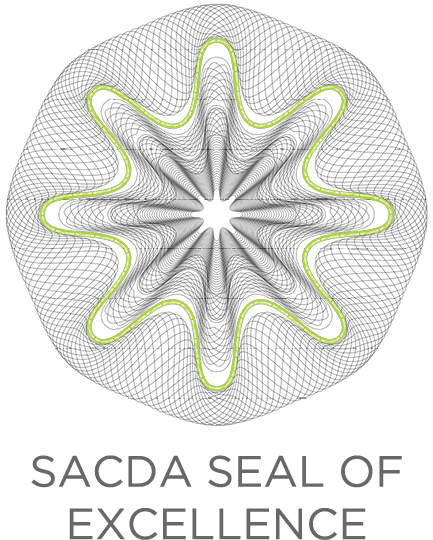Original Research - Topical Collection: Troubling normative constructions in careers
Intersections of gender and sexual diversity in the career trajectories of LGBTQIA+ individuals
Submitted: 20 April 2023 | Published: 22 August 2023
About the author(s)
Lindokuhle M. Ubisi, Department of Psychology, Faculty of Human Sciences, University of South Africa, Pretoria, South AfricaWandile Tsabedze, Department of Psychology, Faculty of Human Sciences, University of South Africa, Pretoria, South Africa
Eduard Fourie, Department of Psychology, Faculty of Human Sciences, University of South Africa, Pretoria, South Africa
Abstract
Background: In searching, entering and adapting into a career, lesbian, gay, bisexual, transgender, and other non-conforming (LGBTQIA+) individuals must consider how an organisation’s cultural norms will not only affect their work but also their gender and sexual identity. This includes actively seeking welcoming workspaces, employing coping strategies against minority stressors or having to exit a work environment because of prolonged homophobia. However, it is not constructive to immediately assume that this will be the career trajectory of all LGBTQIA+ individuals.
Objectives: This review sought to explore how LGBTQIA+ individuals navigate intersections of gender and/or sexuality diversity in varied work environments.
Methods: A desktop review of qualitative and quantitative studies was conducted to search for publications to answer the following question, what are LGBTQIA+ individuals’ experiences of gender and sexuality diversity within various work environments?
Results: Given limited scholarship in this area in South Africa, local and international studies were consulted to further the body of knowledge. Evidence suggests that while LGBTQIA+ individuals have found much visibility and accommodation within most organisations, they still encounter discriminatory practices including minority stressors, such as racism, queerphobia and marginalisation.
Conclusion: As such, it is suggested that most LGBTQIA+ individuals will either exit or risk experiencing strain or burnout under such conditions of multiple oppressions.
Contribution: An immediate call for mental health services is required to buffer adverse wellbeing for LGBTQIA+ individuals in the work environment. Anti-discriminatory guidelines are recommended to promote gender and sexual diversity for LGBTQIA+ individuals in the work environment.
Keywords
Metrics
Total abstract views: 1250Total article views: 1238
Crossref Citations
1. Disrupting the Norm and Dismantling Normative Social Spaces: Heteronormativity and Gender Normativity in Question
Letitia Smuts, Tshepo B Maake, Josien Reijer
Gender Questions year: 2024
doi: 10.25159/2412-8457/16995
